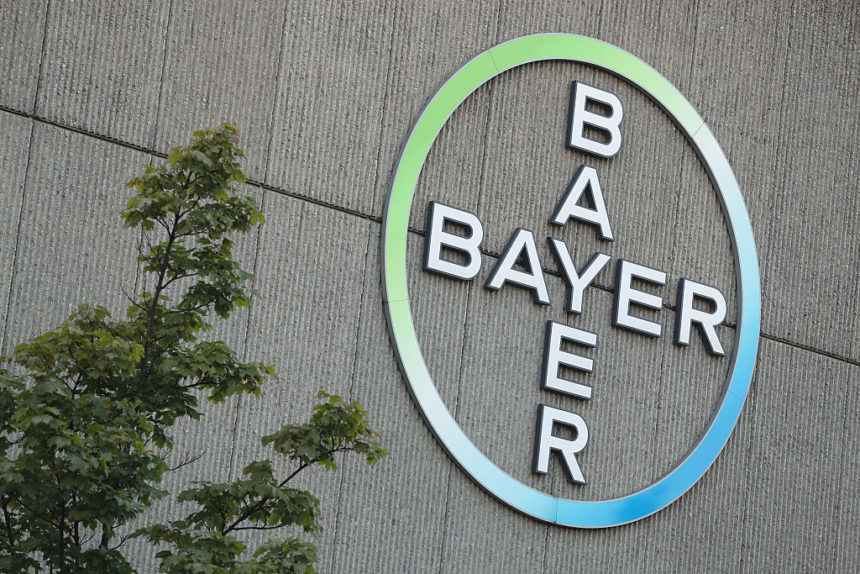Bayer is partnering with Acuitas Therapeutics, the biotech that developed the lipid nanoparticle (LNP) technology behind Pfizer and BioNTech’s COVID-19 vaccine.
The pact will give Bayer access to Acuitas’ LNP technology in its in vivo gene editing and protein replacement programs, the company announced Tuesday.
LNP technology is often used in messenger RNA (mRNA) products, protecting the mRNA as it’s delivered to cells. Acuitas’ LNP technology is also used to deliver nucleic acid therapeutics such as small interfering RNA (siRNA).
“Complementing in-house expertise with external collaboration continues to be a priority in areas of high unmet medical need where insufficient, or no treatment options are currently available,” Friedemann Janus, acting head of business development and licensing/open innovation at the pharmaceuticals division at Bayer, said in a statement. “Accessing state-of-the-art LNP technology through this collaboration will add momentum to our gene editing efforts for the benefit of patients.”
The partnership will bolster Bayer’s gene therapy program, which is the focus of its affiliate Asklepios BioPharmaceutical, also referred to as AskBio. Bayer bought AskBio back in 2020 for $2 billion upfront to expand its gene therapy focus by bringing on the company’s adeno-associated virus gene therapy platform.
Bayer built upon that by striking a deal with Mammoth Biosciences in early 2022 to “significantly enhance” the pharma giant’s efforts to develop transformative therapies for patients faster and strengthen its cell and gene therapy platform.
Jost Reinhardt, head of the cell, gene therapy and pharmaceuticals division at Bayer, noted that the new collaboration with Acuitas is building upon that foundation.
“Adding Acuitas’ clinically-validated and scalable LNP technology to our genomic medicine toolbox is another important step to advance our leadership in the field of cell and gene therapies,” he said in a statement.
Acuitas’ deal with Bayer comes a year-and-a-half after Pfizer struck a development and option agreement with the company, allowing Pfizer to license the LNP technology for up to 10 targets for vaccines or other therapeutics.
In a statement at the time, Mikael Dolsten, chief scientific officer and president of worldwide research, development and medical at Pfizer, noted that “our swift delivery of the world’s first mRNA-LNP-based vaccine made clear the promise of mRNA-LNP technology.” Dolsten also said it would allow the pharma to explore more vaccine projects.
AskBio’s pipeline currently consists of gene therapies that aim to treat neuromuscular, central nervous system, cardiovascular and metabolic disorders.








